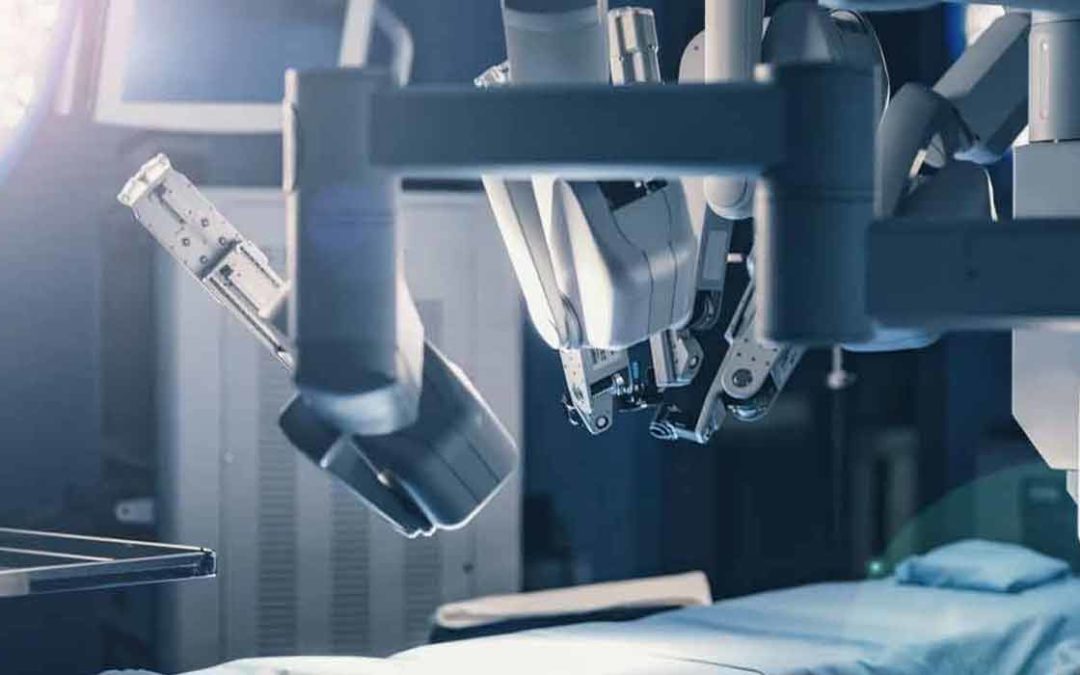Role of artificial intelligence in performing surgery
In recent years, information technology has become the backbone of every industry and business sector, including medical science. The equipment and machines in the medical field are being manufactured using the latest technologies and innovations. Furthermore, Artificial Intelligence is being globally adopted to perform surgical procedures more safely. People might find it shocking & insecure about getting operated by surgeons getting assistance from an AI-based robot. But in reality, AI-assisted surgeries are gaining popularity around the world due to their benefits & safety. Many medical experts around the world are already favoring AI-based surgical operations, while others are still exploring it. To understand it better, let’s check out the role of artificial intelligence in performing surgeries more safely.
Connection Between Artificial Intelligence & Medical Science!
Artificial Intelligence (AI) refers to the transformation of machines into smart machines through algorithms. These algorithms help enhance the reasoning and cognitive abilities of the machine. Thus, it includes problem-solving skills, language processing, objects identification, and decision-making abilities, etc. As a result, AI is being implemented in medical procedures like surgeries, to improve the outcomes and safety of patients.
The programming in AI-based robots can help in analyzing the most critical cases to find the best possible solutions, risks, and outcomes. Moreover, they can assist the surgeons to perform surgical procedures with more precision and efficiency. Smart and cognitive capabilities of AI facilitate this process, which allows a comprehensive analysis of structured and unstructured information. This information includes electronic medical records (EMR), vital signs, laboratory test reports, video footage, and doctor’s notes. All this information is analyzed and processed by the AI-based systems to provide the surgeons with the best outcomes & solutions. Ultimately, this helps in improving and aiding the decision-making process for surgeons.
Four Main Subfields Of AI

Artificial Intelligence has four main subfields in the field of medical science.
- Machine Learning (ML) – Machine Learning is the process of analyzing the data to recognize the basic patterns & frameworks in all kinds of cases. This allows the computers to provide more precise and probable predictions to surgeons. In brief, ML applies several algorithms to a single data set to offer more enhanced predictions than traditional statistical techniques. In several medical studies, ML applications surprisingly performed better than traditional prediction methods, such as decision-tree. The accuracy, specificity, and sensitivity of the ML application were much better than the traditional decision-tree model.
- Natural Language Processing (NLP) – As the name suggests, natural language processing refers to the computer’s capability to understand and process human language. Thus, NLP may help analyze and integrate various types of medical records into the AI-based systems. These medical records include the descriptions and statements given by the physicians. As a result, the NLP technology will permit the doctors to write their statements in natural language freely. Therefore, the doctors won’t have to select the only options or sentences that the system can understand.



